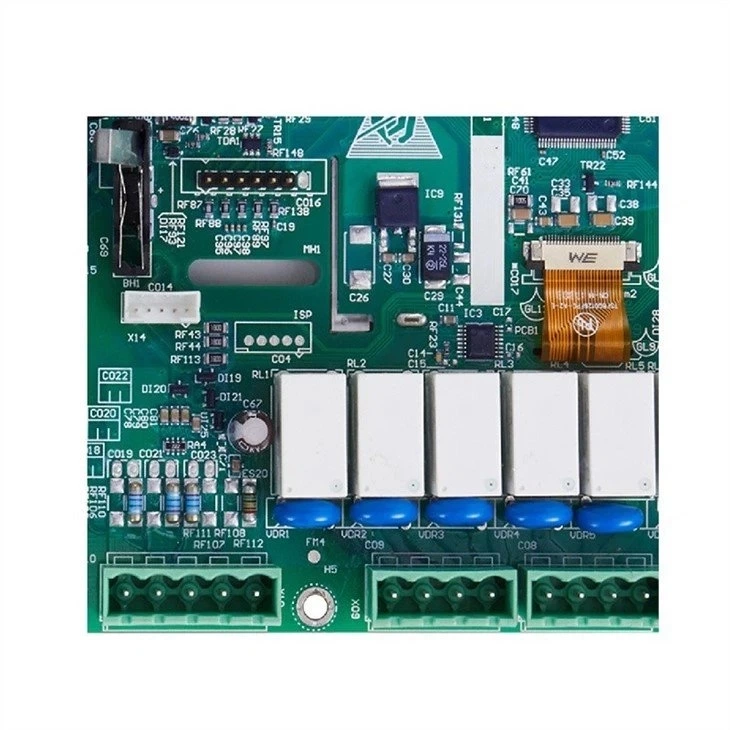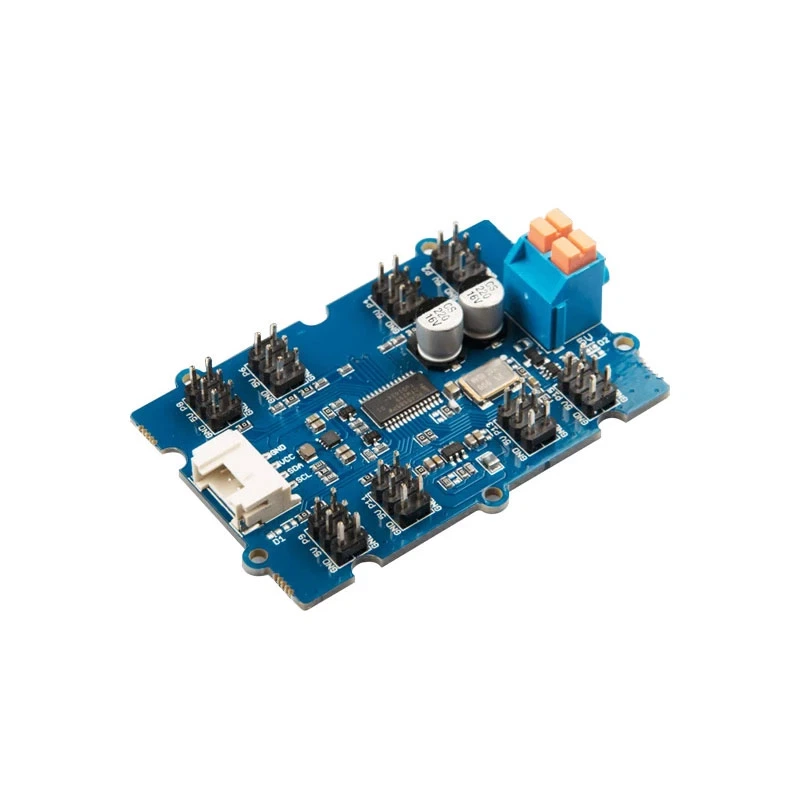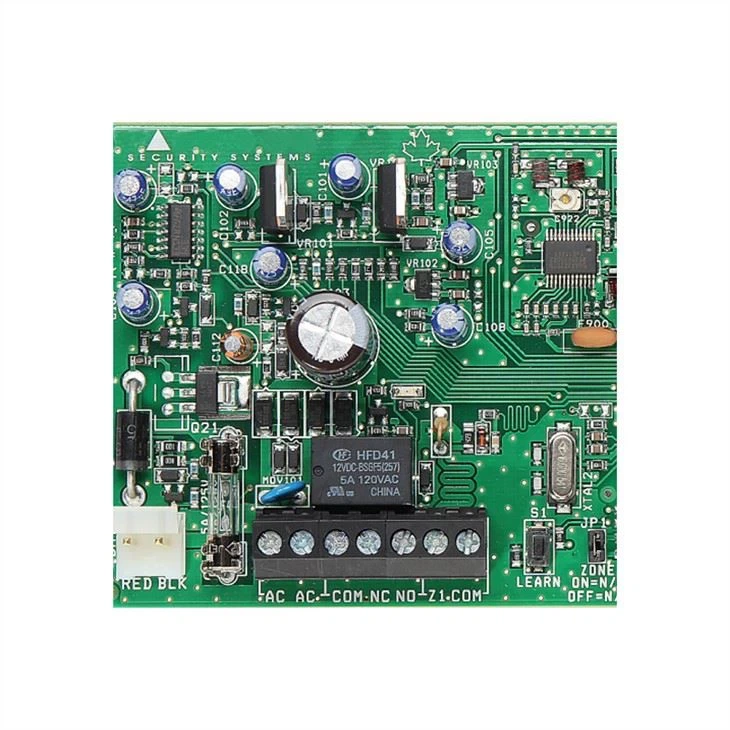Advantages Of Smart Building Fire Alarm Control Panels
Smart building fire alarm control panels offer several advantages compared to traditional fire alarm systems. These advantages contribute to enhanced safety, efficiency, and management capabilities.
Early Detection and Notification:
Smart fire alarm control panels can integrate with advanced detection technologies, such as smoke detectors, heat sensors, and even intelligent video analytics. This allows for early detection of potential fire hazards and faster notification to building occupants and emergency services.
Remote Monitoring and Management:
Smart panels enable remote monitoring and management of the fire alarm system. Facility managers or authorized personnel can access the system remotely through a secure connection, allowing them to monitor the status, receive real-time alerts, and perform system diagnostics without being physically present on-site.
Integration with Building Automation Systems (BAS):
Integration with BAS allows smart fire alarm panels to communicate with other building systems, such as HVAC, lighting, and access control. In the event of a fire, the system can trigger coordinated responses, such as shutting down air handling units to prevent smoke spread or unlocking specific doors for evacuation.
Data Analytics and Reporting:
Smart fire alarm systems can collect and analyze data, providing valuable insights into the performance of the system over time. This data can be used for preventive maintenance, identifying patterns, and improving the overall safety and efficiency of the building.
Customization and Scalability:
Smart fire alarm control panels offer greater flexibility in terms of customization and scalability. They can be easily adapted to the specific needs and layout of a building, and additional devices or features can be integrated as the building evolves or expands.
Reduced False Alarms:
Advanced detection technologies and intelligent algorithms in smart fire alarm systems can help reduce false alarms. This is achieved by distinguishing between real fire threats and non-emergency situations, minimizing disruptions and unnecessary evacuations.
Remote Diagnostics and Troubleshooting:
Smart panels often come with diagnostic tools that facilitate remote troubleshooting. This can reduce the need for on-site visits and expedite the resolution of issues, ensuring that the system is operational and reliable.
Enhanced User Interface and Accessibility:
Smart fire alarm control panels typically feature user-friendly interfaces, making it easier for operators and facility managers to navigate and manage the system. Touchscreen displays and intuitive controls contribute to a more accessible and efficient user experience.
Emergency Communication Systems:
Some smart fire alarm systems integrate with emergency communication systems, allowing for targeted and clear communication with building occupants during an emergency. This can include voice notifications, visual alerts, and instructions to guide evacuations.
Compliance and Reporting:
Smart fire alarm control panels can assist in meeting regulatory compliance requirements by providing detailed reports and documentation of system events. This is essential for inspections and audits by authorities having jurisdiction (AHJs).






